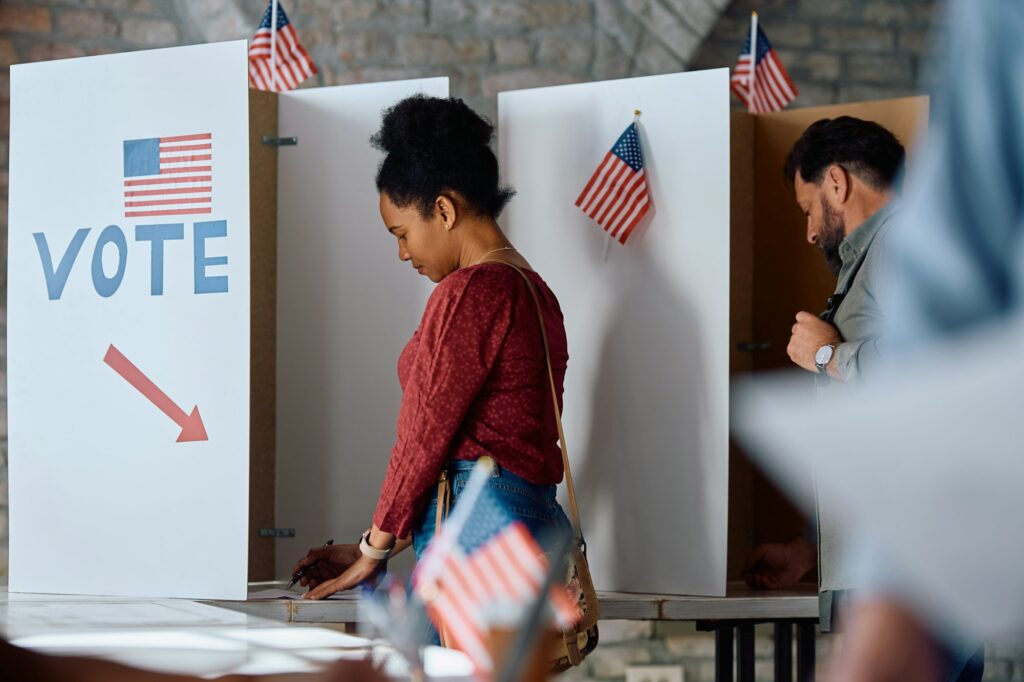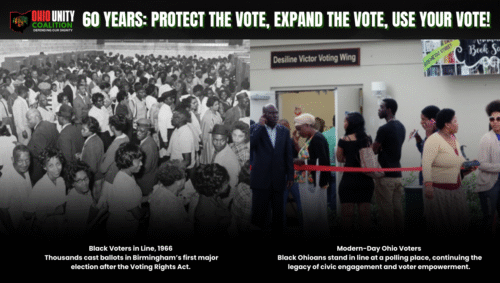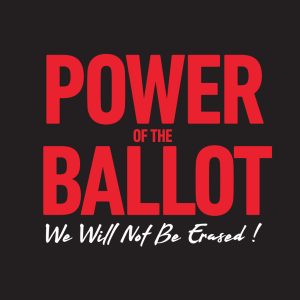On August 6, 1965, the Voting Rights Act was signed into law—a game-changer that broke down the walls keeping millions of Black folks and other marginalized communities from the ballot box. No more literacy tests. No more poll taxes. No more excuses for shutting people out of democracy.
Sixty years later, the fight isn’t over. This anniversary isn’t just about looking back—it’s about checking ourselves and asking, “Am I showing up and honoring the legacy of what my people fought for?”
Why the Voting Rights Act Still Hits Different
The Voting Rights Act wasn’t just paperwork—it was power. It gave a voice to those who’d been silenced for generations. But here’s the thing: over the years, pieces of that law have been chipped away.
These days, we’re facing a different kind of hustle to keep people from voting:
- Strict ID laws that make it harder for seniors, students, and low-income folks to cast a ballot.
- Fewer polling places in certain neighborhoods, meaning longer lines and more frustration.
- Confusion about mail-in voting and shifting registration deadlines.
It might look different than it did in the ‘60s, but the end goal is the same, keeping some voices out of the conversation.
“My One Vote Don’t Matter” — That’s Cap
A lot of people think, “What’s the point? My one vote won’t change anything.” But history says otherwise:
- Local elections have been decided by just a handful of ballots—sometimes literally a single digit.
- Public votes on local issues—like schools, housing, and jobs—have swung one way or the other because only a few people showed up.
The takeaway? Big changes don’t happen all at once—they start small. And every small step starts with your ballot.
Skipping the vote is basically giving your power away for free.
Why Local Elections Are the Real Plug
Everybody gets hyped about presidential elections, but it’s the local stuff that hits your life the hardest:
- Food Access: Local leaders decide where grocery stores and farmer’s markets get built—or don’t.
- Housing: They set the rules for rent control, affordable housing, and tenant rights.
- Healthcare: State and city officials control funding for clinics, mental health services, and reproductive care.
- Education: School boards make the call on funding, curriculum, and teacher pay.
If you’re not at the table, you’re on the menu—and your community feels it.
60 Years Later: The Legacy’s in Your Hands
People marched, got locked up, lost jobs, and even lost their lives just so we could step into a booth and make a choice. Think about the courage it took to face dogs, hoses, and beatings on “Bloody Sunday” in Selma, Alabama. They didn’t go through all that for us to sit home on Election Day scrolling TikTok.
Voting is more than a right—it’s a responsibility. And 60 years later, it’s still one of the loudest ways we can speak.
Get Your Vote Game Tight
- Register to vote: Don’t wait ‘til the last minute. Register here.
- Know your ID rules: Make sure you’ve got what your state requires.
- Early voting: Skip the lines and vote early at the local Board of Elections in your county. Board of Elections can be hyperlinked to this site: https://www.ohiosos.gov/elections/voters/toolkit/early-voting/
- Find your polling place: www.ohiosos.gov/elections/voters/toolkit/polling-location/ to know exactly where to go.
Bottom Line
So, “Who cares if I vote?”—your family does, your community does, and the people who fought for you to have the right sure as hell do.
Don’t let their fight be in vain. Your voice matters. Your ballot matters. And when you use it, you’re not just remembering history but you’re making it.
Learn More: For a deeper dive into history, check out the U.S. National Archives’ Voting Rights Act Exhibit.
Want to get involved or connect with us? Contact Us Here.




